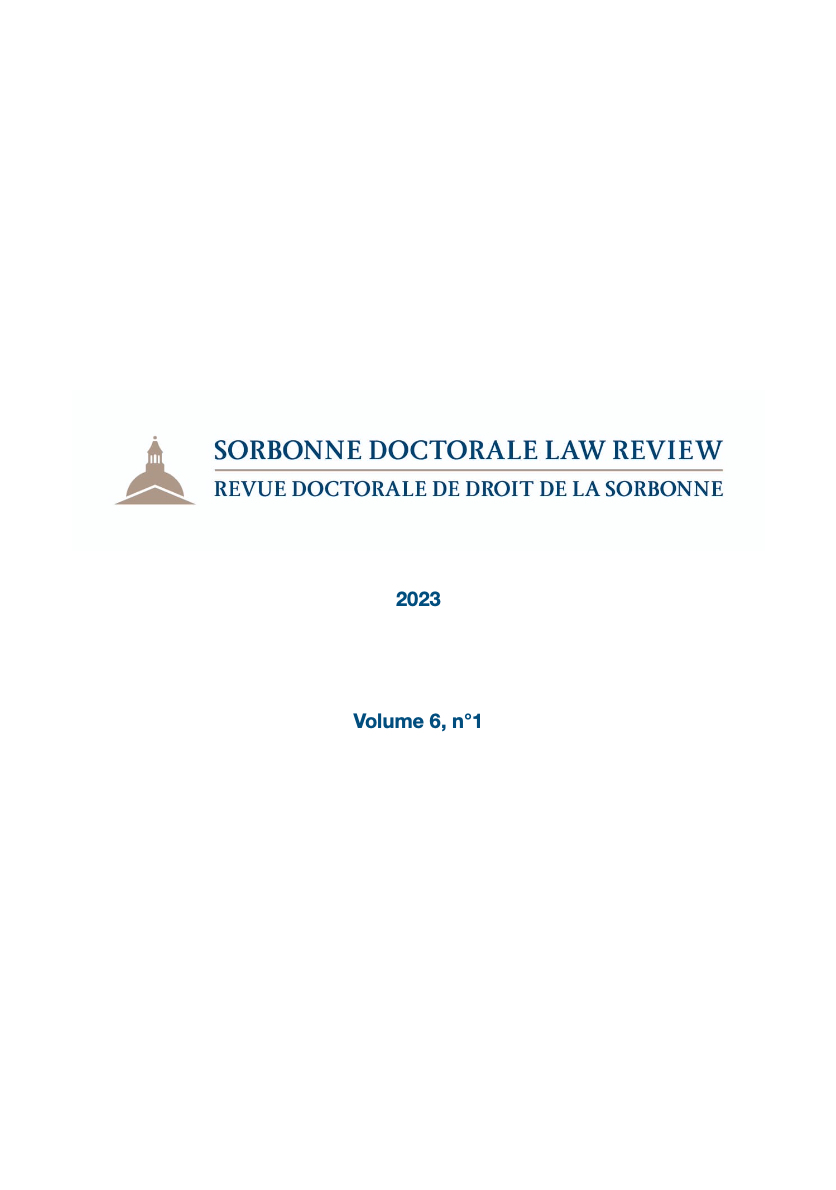Abstract
An armed aggression provoked by one of the permanent members of the Security Council, coupled with the subsequent arrest warrant issued by the International Criminal Court against his representative testify to a breakdown in the system of peacekeeping and collective security put in place in the UN Charter. Yet, this is not the first crisis in this system. Against threats to international peace and security, strategies for empowering, delegating and adapting powers have been developed. The notion of the “emergency” of the reaction acts as a driving force for the empowerment and the gradation of institutional powers, but also for their delegation to other bodies or subjects of international law. These systemic adaptations of the structure of the maintenance of international peace and security through the notion of emergency reveal its finalistic nature: emergency makes it possible to achieve the goal of maintaining peace and security by influencing the assessment of an act’s conformity with international law.

This work is licensed under a Creative Commons Attribution 4.0 International License.
Copyright (c) 2023 Sorbonne Student Law Review - Revue juridique des étudiants de la Sorbonne

